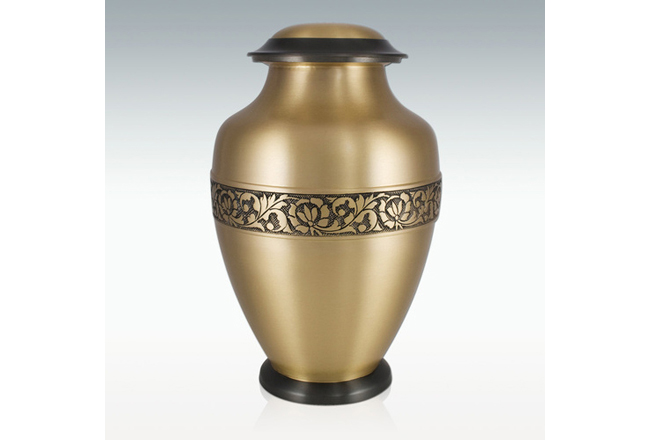
In what could be a first-of-its-kind case in Florida, a state appeals court Wednesday weighed into a burial dispute and said the cremated remains of a man are not “property” under law.
The Palm Beach County case, decided by a three-judge panel of the 4th District Court of Appeal, stemmed from the death of a 23-year-old man in an automobile accident. He left no will and no written or verbal instructions for disposition of his body.
His divorced parents agreed to have the body cremated, but they could not agree on how to dispose of the ashes. The mother wanted to bury the ashes in West Palm Beach, while the father wanted to bury the ashes in a family burial plot in Georgia. The father went to court to seek to have the ashes declared as property, so they could be divided and allow each parent to dispose of half. The mother objected to dividing the ashes, citing religious reasons.
A circuit judge denied the father’s proposal, prompting the appeal. In a five-page ruling, the appeals court said the dispute is an “issue of first impression, for no Florida court has answered the precise issue posed.” But it traced historical property law in upholding the decision of the circuit court, relying for a key part of its argument on William Blackstone’s “Commentaries” on common law, one of the most cited authorities in English and American law.
“Pews in the church are somewhat of the same nature, which may descend by custom immemorial (without any ecclesiastical concurrence) from the ancestor to the heir.,” the ruling quotes from Blackstone. “But though the heir has a property in the monuments and escutcheons of his ancestors, yet he has none in their bodies or ashes; nor can he bring any civil action against such as indecently at least, if not impiously, violate and disturb their remains, when dead and buried.”
“Fast forward to today,” the ruling continues. While the state’s probate code since 1975 has defined “property” as “both real and personal property or any interest in it and anything that may be the subject of ownership,” the Florida Supreme Court has found that “[a]ll authorities generally agree that the next of kin have no property right in the remains of a decedent.”
The ruling concluded: “Given the sensitive nature of the subject matter, and the fact that, historically, cremated remains have been treated the same as a body, neither constituting ‘property,’ we decline to craft a policy at odds with our history and precedent.” The decision was written by Judge Melanie May and joined by judges Martha Warner and Spencer Levine. “This is a matter best left to our legislature should it decide to address this sensitive policy issue.”
The decision does not identify the accident victim, but it lists the parties in the case as William A. Wilson, Jr., and Lili M. Wilson.
–FlaglerLive and the News Service of Florida
![]()
Cremation Ashes as Property: Florida 4th Circuit Court of Appeal Case (2014)





























Jan Reeger says
Good grief !! So, EVERYBODY, regardless of age, best write up your wishes for eternal disposition now.
Diana L says
Very sad that his parents couldn’t do one last thing for their son, agree where to put him to rest. This makes me incredibly sad.
Fixin up says
Thank the Lord above he is not my father! How dare he wish to have his sons’ ashes split in half. If he had not been cremated, would he have asked to have his poor body halved as well? Let the young man rest, he is no longer in there, his spirit has moved on…
Don't Get It says
What’s the difference in splitting up the ashes or spreading the ashes over a body of water, a field, a favorite place etc (which is often done)? Once the ashes are “spread” they split up. What’s the problem?